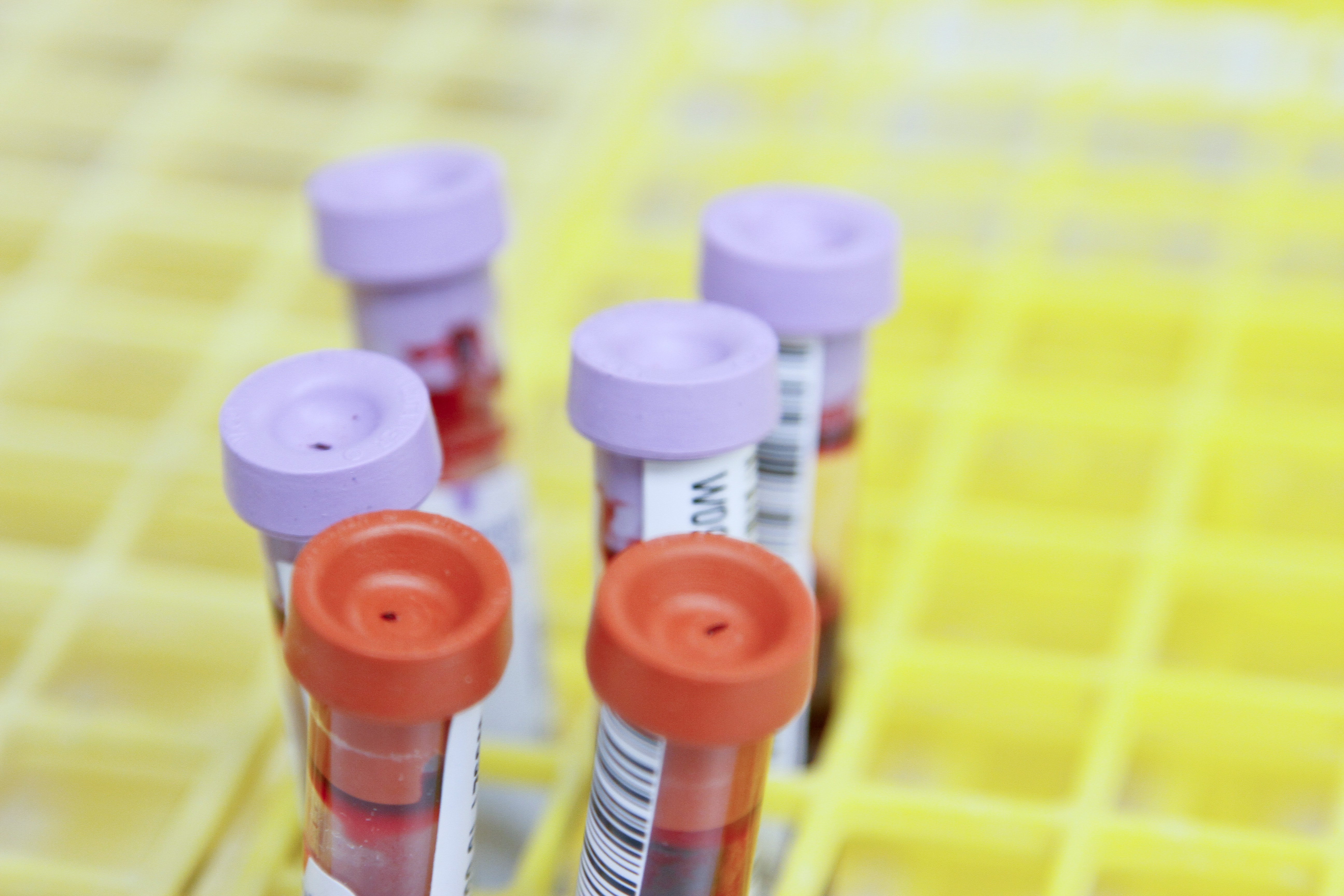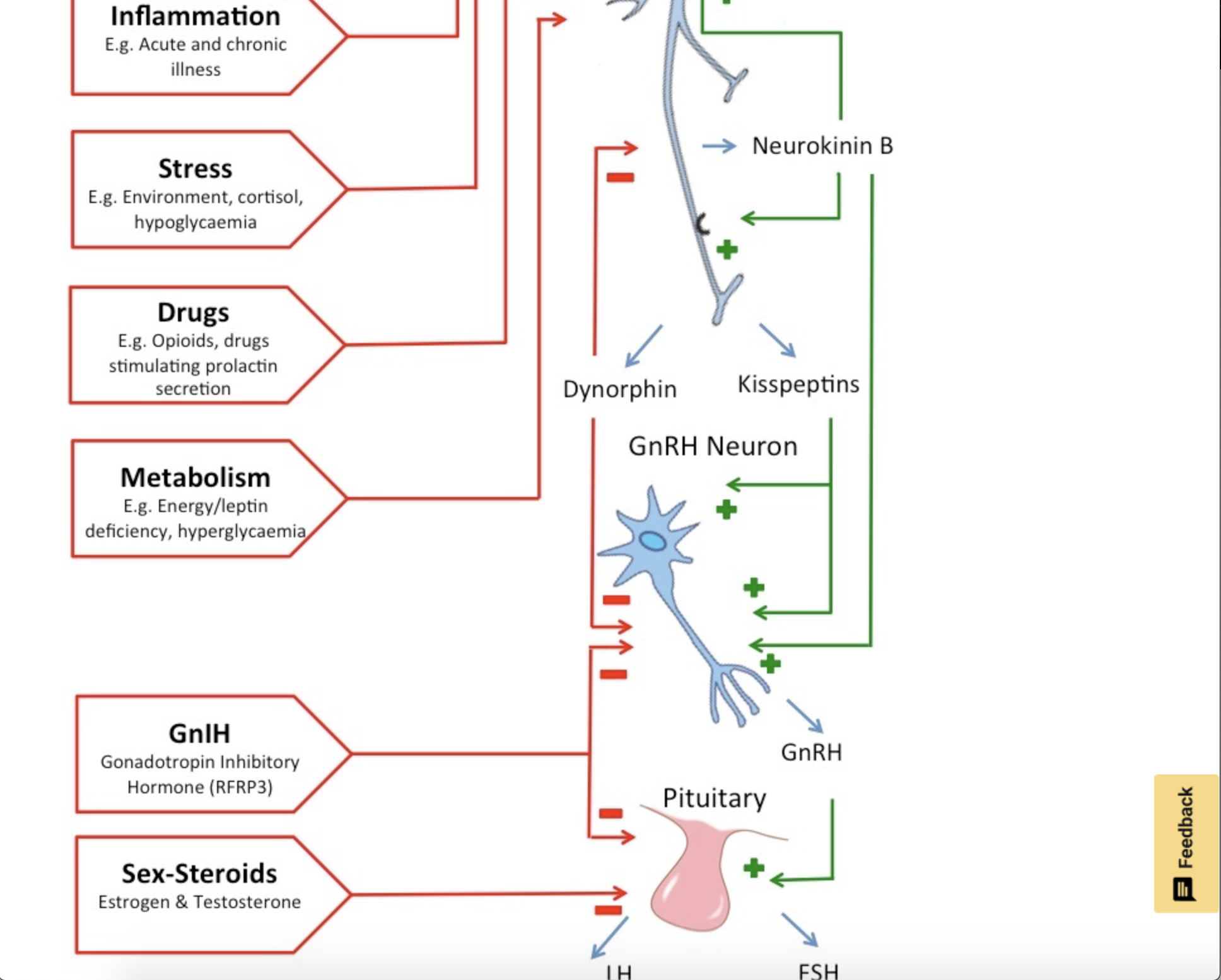Do you have ongoing fatigue and trying to figure out what could be going on to cause your fatigue? Maybe you also have hypothyroid symptoms such as weight gain, dry skin, constipation, etc? In this article, we look at overlooked thyroid hormone causes of fatigue. This is part of a broader series of articles on overlooked causes of fatigue. Check out that link to understand the things that we look for when people are struggling with fatigue.
If you want to understand some overlooked thyroid hormone causes of fatigue, keep reading.
Role of Thyroid Hormone Deficiency in Fatigue
Low thyroid hormone production and hypothyroid are fairly straightforward to diagnose and treat. Yet there are a few situations around hypothyroidism or insufficient thyroid hormone production, that are overlooked. These scenarios are not too unusual to see in my practice. Before we get into them, we should orient you to some terminology. TSH is a hormone that's produced from your brain (pituitary) and it causes your thyroid hormone to produce T4 and a little bit of T3. These are the thyroid hormones. The T4 is then converted into T3 in the tissues when it's needed.
One of the overlooked thyroid issues that can often lead to ongoing fatigue is the poor conversion between the T4 into T3. The enzyme that makes this conversion is called deiodinase. There are several things that can influence these enzymes and how they actually perform their function. One of these influencing factors is cortisol and the body's overall stress levels. When you are under higher stress levels and producing higher cortisol the deiodinases don't work properly. This can lead to more conversion of T4 into reverse T3. The problem is reverse T3 has no actual thyroid hormone activity.
It's normal for your body to make some reverse T3 but when that reverse T3 is on the high side or high normal side, it suggests a poor conversion of T4 into T3.
You can actually measure the T3 level as well. This gives you an idea of where the balance of your thyroid hormone is going. If a lot of it's going into that reverse T3, it means less is going to be available for actual T3. As a result, your tissues are getting less thyroid hormone stimulation because the T3 is the active form of the thyroid hormone.
In these situations you may have a normal T3 and a normal TSH, meaning within the normal reference range. That free T3 or total T3 will be on the low side or low normal. In this case you may still have very much hypothyroid-like symptoms because your body cannot make that T3. Figuring out and diagnosing this is just a matter of looking at symptoms and doing the proper testing.

Another Overlooked Thyroid Hormone Cause of Fatigue
Another overlooked thyroid hormone cause of fatigue is when you have a normal TSH but low T4. In some cases your brain, the hypothalamus and the pituitary gland, are not responding properly to low T4 levels. Your brain is supposed to get the signal to produce more TSH when there's a lack of T4. In some cases it doesn't do this. While your thyroid gland is not making enough of the T4 for your brain, it's also not triggering it or stimulating it to make more T4. There's a mismatch between the amount of thyroid output and the amount that your brain should be asking for. This leaves you more fatigued. A lot of times in those cases it's a deeper overall lack of stimulation and dysfunction within the hypothalamic pituitary axis. These are some of the overlooked thyroid hormone causes of fatigue I see in practice from time to time.
It's also common to see just overall subclinical hypothyroidism. This is where people have boarderline hypothyroid but respond favorably to treatment with thyroid hormone. In cases where you don't have overt hypothyroidism or frank hypothyroidism, treating with thyroid hormone usually won't be very beneficial for you. You do have to do some trial and error and see whether or not it will benefit you in any way. If it's not really helping your fatigue, it's may not be worth continuing.
That should give you a better understanding of overlooked thyroid hormone cause of fatigue. If you have questions about the content in this article, please ask it in the comment section below.
If you want a customized plan on how to treat your thyroid disorder, click in the link below to get started.

 "My weight was getting so out of control. I started their weigh loss diet program and lost 32 lbs! I have been able to reduce my blood pressure medicine, fit back in my clothes, have tons more energy... Now I am back to eating and my desire for foods has changes drastically. Saved my life!!!
"My weight was getting so out of control. I started their weigh loss diet program and lost 32 lbs! I have been able to reduce my blood pressure medicine, fit back in my clothes, have tons more energy... Now I am back to eating and my desire for foods has changes drastically. Saved my life!!!
 "Dr. Cline and Dr. Terranella have been amazing! For the first time we found doctors that actually listen. They care about how your feeling and try everything they can to get you back to a normal state. I am in love with these guys! If you want amazing care, see these guys."
"Dr. Cline and Dr. Terranella have been amazing! For the first time we found doctors that actually listen. They care about how your feeling and try everything they can to get you back to a normal state. I am in love with these guys! If you want amazing care, see these guys."

















